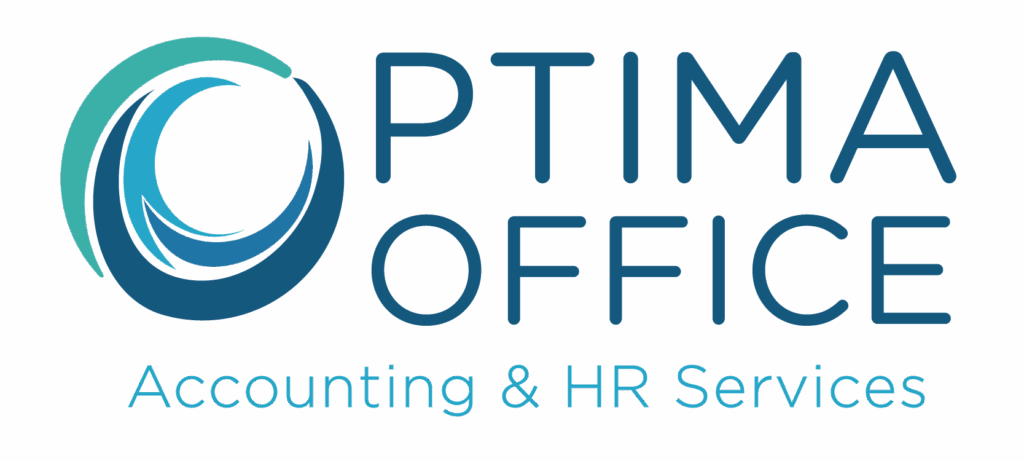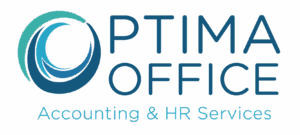This advice was featured in Business.com
It doesn’t matter how close your staff is, a grievance will crop up. To prepare for when it does, here are some do’s and don’ts to keep in mind.
The first thing to have in place for properly handling workplace grievances is to have a designated neutral person in one location accessible to all employees to submit their complaints to in a confidential manner. It is essential to have a good, clear, concise company grievance policy (such as an employee handbook) with a procedure in place that all employees are made aware of and have access to.
The best-case scenario is preventing or stopping the complaint issue early in the “informal” phase before it ever becomes a formal grievance. Once it is formal, timeliness is of the essence! Make sure that the issue is investigated as confidentially as is possible, all evidence is collected, all employees involved are heard in a formal meeting and then make a decision swiftly. It is important to not let it linger. This can make the issue much worse and you will most likely have employees coming in each day inquiring about the outcome. Make sure the decision is communicated clearly to all involved parties. I would also let the employee know that if they are not happy with the decision that they have the right to appeal and let them know whatever your companies process is.
After the grievance is over I would go back and review the issue and the decision made to see if anything could have been handled differently or if there is any room for improvement. In the end, make sure you have gotten to the root of the cause so it does not come back up again and it is a long-lasting solution.
Jennifer Koch, Human Resources Manager, Optima Office
To read the full article go here.
The Right and Wrong Way to Deal with Workplace Grievances
By Andrew Martins, business.com writer | May 07, 2020




